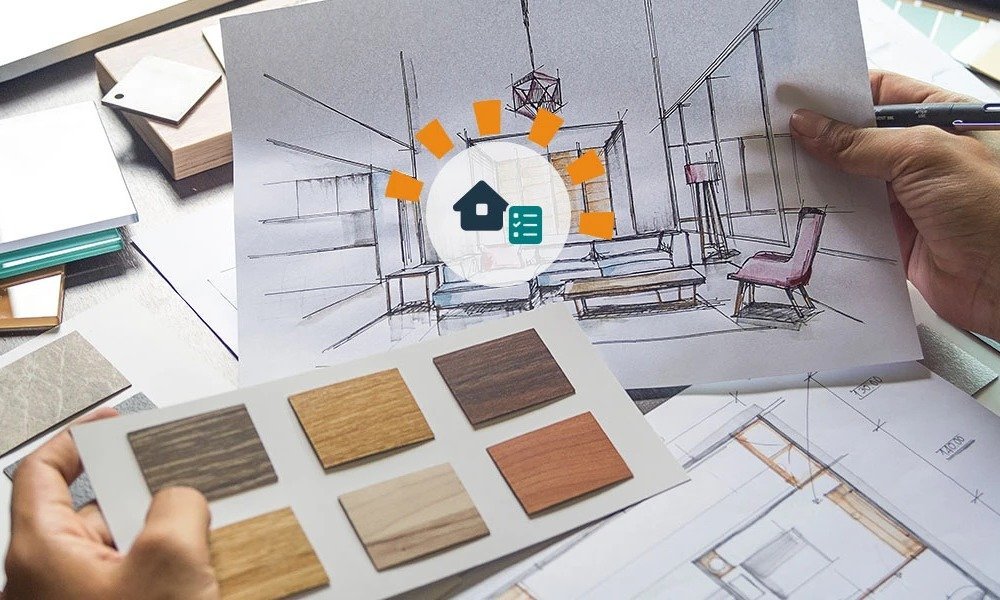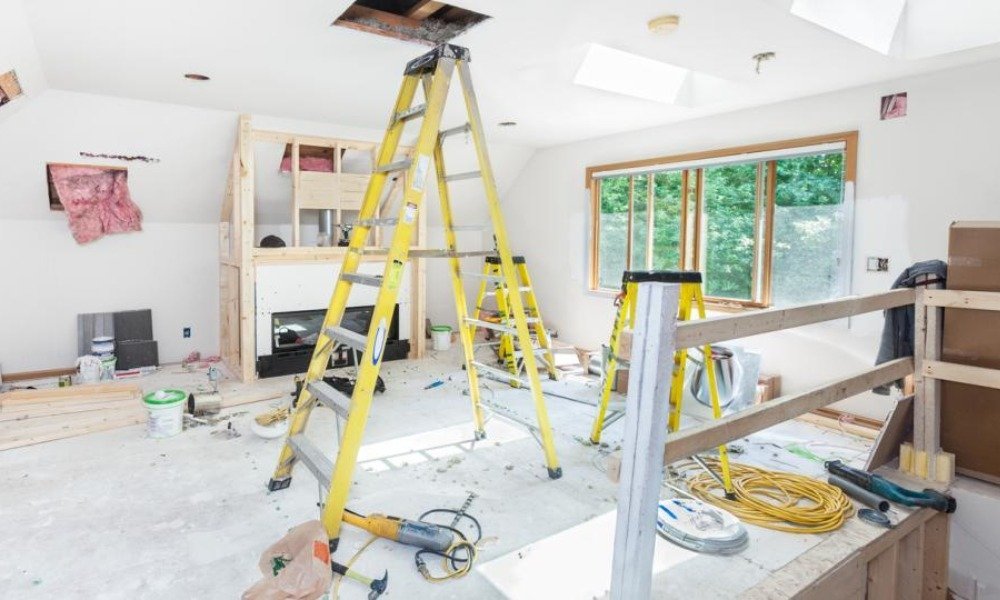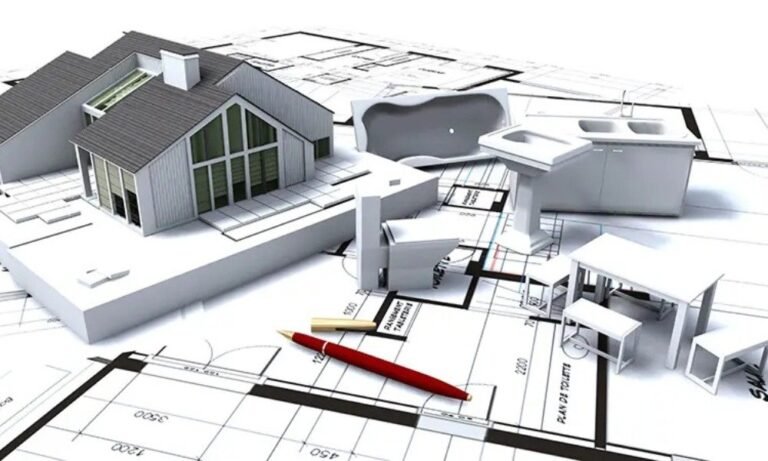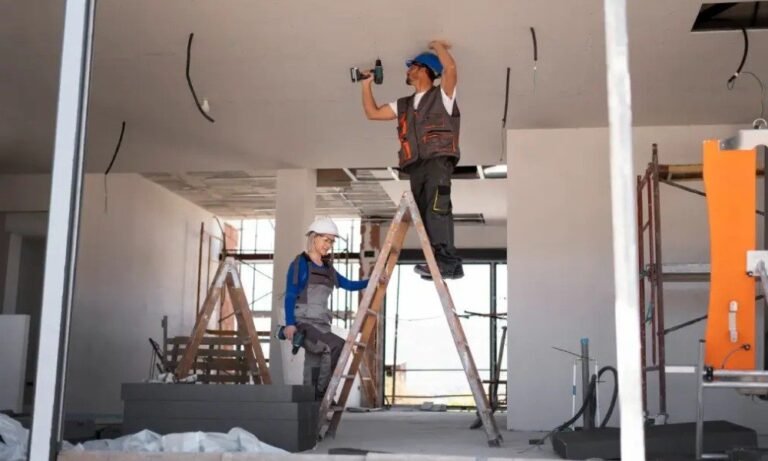Estimated reading time: 5 minutes
Nothing is more frustrating than a home remodel that drags on longer than expected. Delays can throw off my budget, disrupt daily life, and turn an exciting renovation into a stressful experience. While some delays are unavoidable, most can be prevented with smart planning and the right approach.
If I want my remodeling project to stay on track, here’s what I need to focus on.
What You’ll Learn in This Guide
✔ Common reasons remodeling projects fall behind
✔ How to plan ahead and avoid delays
✔ The role of contractors in keeping a project on schedule
✔ Tips for ordering materials, handling permits, and avoiding last-minute changes
1. The Most Common Causes of Remodeling Delays
Understanding what slows down a project helps me avoid potential pitfalls. Some of the most common reasons remodeling projects fall behind include:
✔ Poor planning – A vague or incomplete timeline leads to confusion and missed deadlines.
✔ Contractor scheduling conflicts – Hiring the wrong team can lead to slow progress.
✔ Supply chain issues – Late material shipments can bring everything to a halt.
✔ Permitting delays – Waiting on approvals can stall construction.
✔ Last-minute design changes – Changing my mind mid-project can disrupt workflows.
Now, let’s talk about how to stay ahead of these problems.
2. Plan Every Detail Before Work Begins

A clear plan is the foundation of a successful remodel. Without one, I risk unexpected delays and budget overruns.
- Finalize design decisions early – The more choices I make before work starts, the fewer delays I’ll face.
- Set a realistic timeline – Rushing leads to mistakes. A well-planned remodel balances efficiency with quality.
- Include buffer time – If my contractor says a project will take 10 weeks, I should plan for 12.
Want to avoid costly mistakes? Check out these common renovation pitfalls before starting.
3. Hire the Right Contractor (and Set Clear Expectations)

My contractor can make or break my project’s timeline. Here’s how I ensure I’m working with the right team:
✔ Research experience and reputation – Checking reviews and past work helps me avoid unreliable contractors.
✔ Get a detailed project timeline upfront – A clear breakdown of deadlines keeps things on track.
✔ Set up regular check-ins – Weekly progress meetings prevent small problems from turning into big delays.
Not sure how to choose a contractor? These essential questions help me make the best decision.
4. Order Materials Early to Avoid Supply Chain Issues
One of the biggest causes of delays? Waiting for materials to arrive. If something is out of stock or backordered, my entire project could be stuck on hold.
✔ Purchase major items before construction starts – Cabinets, countertops, and fixtures should be ready to go.
✔ Ask about lead times – Some materials, like custom tiles or specialty appliances, take weeks (or months) to arrive.
✔ Consider alternative options – If a product is delayed, I should have a backup choice ready.
5. Get Permits in Advance
Skipping permits or waiting too long to apply for them is a common mistake. If I don’t get approvals ahead of time, my project could be stopped mid-way until everything is sorted out.
✔ Know what’s required – Rules vary by location, so I should check local building codes.
✔ Apply early – Some permits take weeks to process. Starting early prevents hold-ups.
✔ Hire a contractor who handles permits – A pro with experience can speed up the process.
6. Stick to the Plan (And Minimize Last-Minute Changes)
I know how tempting it is to change my mind once a project is underway. But even small adjustments can throw off the entire timeline.
What happens when I make a change mid-project?
New materials might need to be ordered
Extra labor could be required
Workers may have to redo completed work
Unless absolutely necessary, I should stick with my original decisions to avoid setbacks.
Thinking about remodeling your kitchen? Here are some modern design ideas to finalize before work begins.
7. Keep Communication Open with My Contractor
A simple misunderstanding can create major delays. To keep my remodel on schedule, I need clear and consistent communication with my contractor.
✔ Weekly check-ins – Short meetings help me stay informed and address issues early.
✔ Quick response time – If my contractor has a question, answering fast keeps work moving.
✔ Be present (but not overbearing) – Staying involved without micromanaging creates a smoother workflow.
Want a stress-free remodel? Here’s what to expect during a renovation so I can plan accordingly.
8. Expect the Unexpected (And Have a Backup Plan)
Even with the best planning, surprises happen. Hidden wiring, outdated plumbing, or weather-related delays can all pop up during a remodel.
✔ Have a contingency budget – I should set aside 10-15% extra for unexpected costs.
✔ Be flexible with timelines – If an issue arises, staying calm and adaptable prevents extra stress.
✔ Work with a contractor who can problem-solve – Experience matters when unexpected problems come up.
9. Consider the Best Time of Year for Remodeling
Timing can make a big difference in keeping a project on track. Peak seasons tend to be busier and more expensive.
✔ Spring & summer – Great for outdoor projects, but contractor availability may be limited.
✔ Fall – Ideal for interior work before the holidays.
✔ Winter – Contractors often have more availability, and some materials are cheaper.
Wondering when to start your remodel? Check out this guide to the best time for home renovations.
Final Thoughts
A remodeling project staying on schedule isn’t just about luck—it’s about careful planning, smart decision-making, and good communication.
✔ Plan ahead and finalize decisions before work starts
✔ Hire a reliable contractor with a clear project timeline
✔ Order materials early to avoid supply chain delays
✔ Stick to the plan and limit last-minute changes
✔ Communicate regularly to address small issues before they become big ones
With these strategies, I can keep my remodel on track and enjoy my upgraded space without unnecessary headaches.



